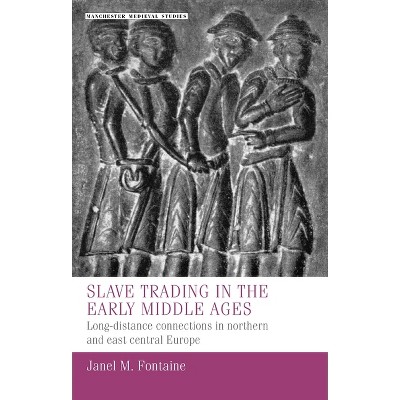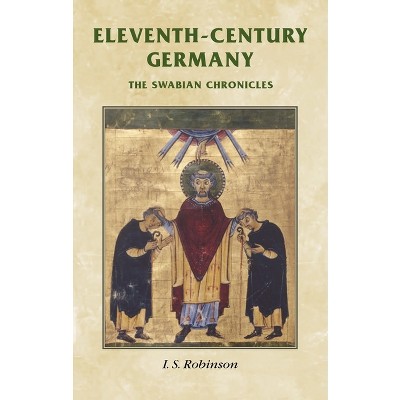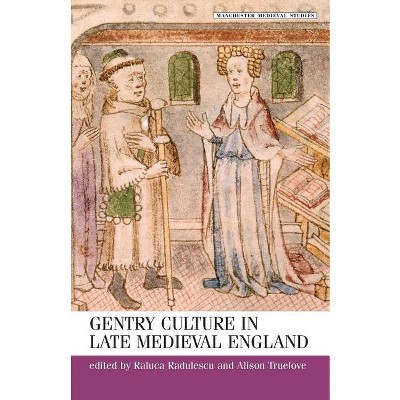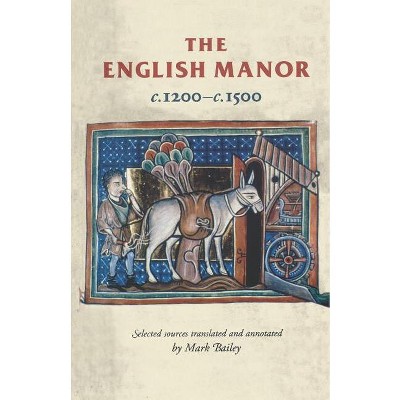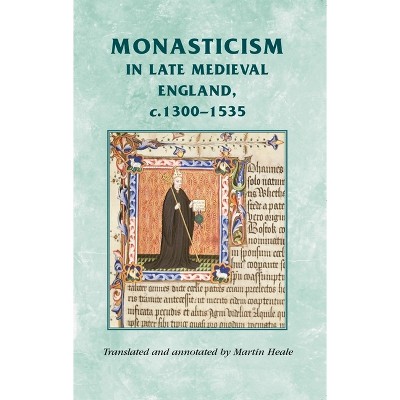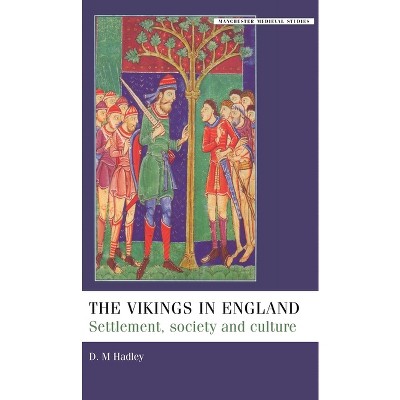Sponsored

The Renewal of Post-War Manchester - by Richard Brook (Hardcover)
In Stock
Sponsored
About this item
Highlights
- A compelling account of the project to transform post-war Manchester, revealing the clash between utopian vision and compromised reality.
- About the Author: Richard Brook is an architect, historian and Professor in Architecture at Lancaster University.
- 328 Pages
- Architecture, Urban & Land Use Planning
Description
About the Book
The renewal cities of Britain, those that began their reconstruction after 1960, are rich in utopian visions. This book delves into Manchester's visual history, mapping legislative shifts, Cold War dynamics, decolonisation and the surge of consumerism.Book Synopsis
A compelling account of the project to transform post-war Manchester, revealing the clash between utopian vision and compromised reality.
Urban renewal in Britain was thrilling in its vision, yet partial and incomplete in its implementation. For the first time, this deep study of a renewal city reveals the complex networks of actors behind physical change and stagnation in post-war Britain. Using the nested scales of region, city and case-study sites, the book explores the relationships between Whitehall legislation, its interpretation by local government planning officers and the on-the-ground impact through urban architectural projects. Each chapter highlights the connections between policy goals, global narratives and the design and construction of cities. The Cold War, decolonialisation, rising consumerism and the oil crisis all feature in a richly illustrated account of architecture and planning in post-war Manchester.From the Back Cover
Urban renewal in Britain was thrilling in its vision, yet partial and incomplete in its implementation. For the first time, this deep study of a renewal city reveals the complex networks of actors behind physical change and stagnation in post-war Britain.
Using the nested scales of region, city and case-study sites, the book explores the relationships between Whitehall legislation, its interpretation by local government planning officers and the on-the-ground impact through urban architectural projects. Each chapter highlights the connections between policy goals, global narratives and the design and construction of cities. The Cold War, decolonialisation, rising consumerism and the oil crisis all feature in a richly illustrated account of architecture and planning in post-war Manchester.Review Quotes
Shortlisted for the SAHGB Alice Davis Hitchcock Medallion 2025
'Richard Brook's holistic approach to the narration of Manchester's mid-twentieth-century history is refreshingly novel and derived from the dual experience of the practising architect and the architectural historian. His decades-long engagement with, interest in and love for the city is manifest in this comprehensive volume. His sensitivity towards the values and heritage of mainstream modernism sheds a more nuanced light on the city's development and the networks and individuals who transformed it. At a time when understanding and valuing our everyday heritage in its complexity becomes more and more crucial, and valuing what is already there a key tenet for all the built-environment professions, this empathy and understanding unfolds a new way of researching and writing about our shared urban space.'
Luca Csepely-Knorr, University of Liverpool
Lukasz Stanek, University of Michigan
About the Author
Richard Brook is an architect, historian and Professor in Architecture at Lancaster University. He has dedicated more than two decades to understanding the post-war development of Manchester and cities like it. His core interests lie in the relationships between space, politics and society, as manifested through the built environment.Shipping details
Return details
Trending Non-Fiction






